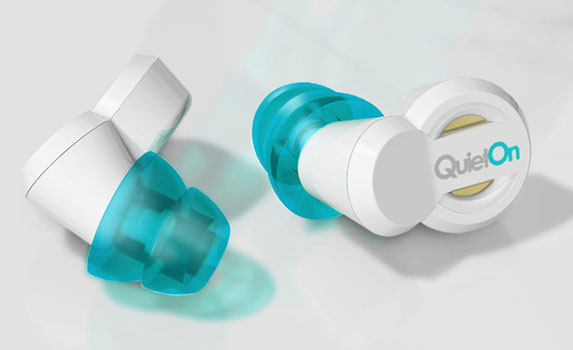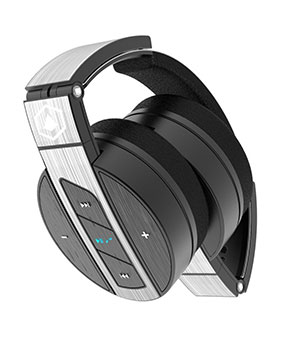While some people have problems sleeping at night because of the surrounding noises, others just hate to fly because their ears hurt. There are still people who are prone to swimmer’s ear, people who love to attend noisy events, and musicians who usually attend a lot of concerts.
All these people have one common problem: they may already suffer (or start suffering) from hearing loss. And the only reason is that they usually are at loud places and they don’t use custom ear plugs to protect their hearing.
Make sure to check out our ear plug reviews.
But how can you choose the best custom ear plugs for you?
The first thing you need to make sure when you’re looking for custom ear plugs is that they can properly fit your ears. When you wear some earplugs that aren’t your size, they might do more harm than good.
The other most important thing you need to consider is the NRR (Noise Reduction Rating) of the custom ear plugs. Most of the custom ear plugs on the market have an NRR between 15 to 35 decibels. What you need to know is that the higher the NRR of the ear plug, the more noise attenuation it delivers. However, this will only happen if the custom ear plug actually fits your ear.
Depending on your needs, there are many different custom ear plug styles to choose from:
#1: For Sleeping:
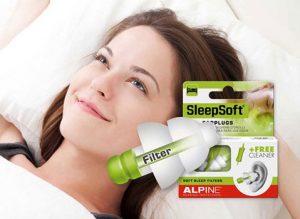
Sleeping earplugs are usually meant for people who can’t sleep because their partner snores, because they have loud neighbors, or any other similar situation that doesn’t allow them to sleep.
They are usually made with a more flexible and softer material to make sure you can wear them the entire night without them causing any skin irritation.
#2: For Noise Reduction
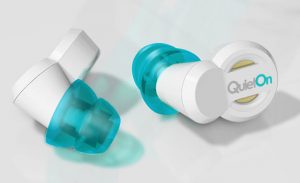
When you work in a very noisy place like around explosives, motorcycles, machinery, gunfire, power tools, sporting events, lawn equipment, or anything similar, you really need to protect your ears with noise reduction ear plugs.
#3: For Music:
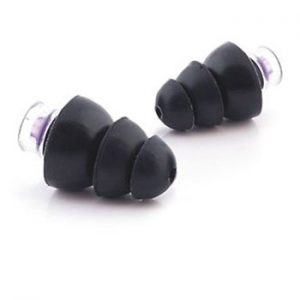
It’s not strange to see a musician with hearing loss problems. After all, they spend most of their time around damaging noise levels.
Although many musicians prefer not to wear any ear plugs because they think they will affect their ability to listen to music, there are some great high fidelity ear plugs that are able to let them hear the music but they block the loud volume.
#4: For Swimming:
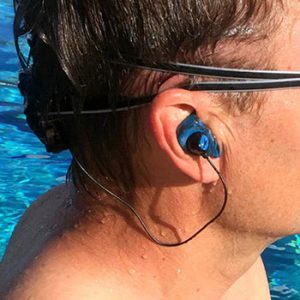
Many people are more prone to swimmer’s ear than others. This simply means that whenever they go swim in the pool or on the sea, or when they take a shower, they need to wear ear plugs to keep the water off their ears.
#5: For Flying
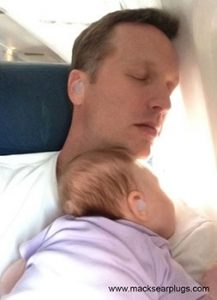
When you need to fly frequently, you may start to feel your ears hurting. Ear plugs for flying don’t have the function to reduce the noise but to equalize the air pressure naturally. They are especially powerful when there are rapid changes in the air pressure during the take-off and the landings.
